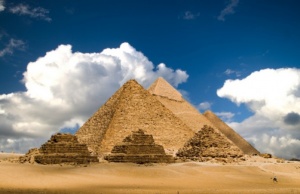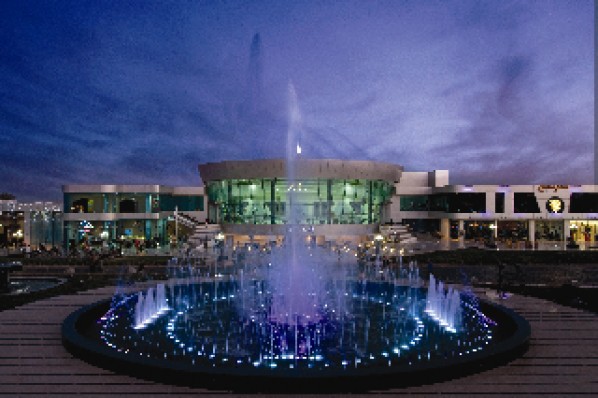These are cruel times for Egypt’s once booming travel and to

These are cruel times for Egypt’s once booming travel and tourism economy. But with Mubarak finally stepping down what will happen when the dust settles? The World Travel & Tourism Council looks at how the country’s excellent record of bouncing back from adversity bodes well for its future.
Egypt’s economy is extremely tourism-intensive and this is increasing, as the results of WTTC’s latest annual research are expected to show when released on 3 March.
It is too early to assess the impact of the current political unrest on travel & tourism. However, the peak winter season has already been significantly disrupted and several operators have ceased to sell Egypt as a destination.
Initial assessments suggest that if continuing unrest were to last up to three months - thereby writing off the winter season completely with severe impact on forward bookings - visitor exports could fall by some 4 percent (6.5 percent in real terms). Travel and tourism’s contribution to GDP could drop slightly by around 1 percent for 2011 as a whole rather than growing at a steady rate of 6-7 percent as would been expected without the crisis.
Despite this, there is much to remain positive about. While part of Egyptian tourism may be on its knees right now, many key tourist destinations such as Sharm El Sheikh are isolated and away from the cities where incidents have taken place. Much of the product remains intact and Egypt has shown an ability to bounce back strongly from setbacks in the past.
Egypt figures
Based on last year’s forecasts by WTTC, the travel & tourism industry directly employs around 1.4 million Egyptians – 10 percent of the total workforce. However, if employment in sectors and industries that depend on travel & tourism, or that are part of the supply chain, is included, the total number of jobs supported by industry is over 2.5 million.
The contribution of travel & tourism to Gross Domestic Product (GDP) is expected to be 13 percent or US$26.7bn in 2010.
Sharm holidaymakers and tourist leaders unite
Separately, holidaymakers and tourism leaders in Sharm El Sheikh have organised a gathering to show their continuing support for one of Egypt’s most popular tourist destinations.
The event, called “We Love Egypt”, is being held at 10pm on Saturday 12 February at SOHO Square shopping centre, next to the Savoy International Hotel.
The idea came about when UK tourists approached tour operators and hotels wanting to show their support for Sharm, which has remained safe and calm throughout the protests elsewhere in Egypt.
Spokesman for the organisers, Khaled Saleh, said the event offers an opportunity for the resort’s hospitality industry to thank visitors and tour operators for their continuing support.
“A group of visitors asked if they could show their appreciation for the hospitality they’ve received while on holiday and also to show that Sharm El Sheikh is operating normally and lives up to it’s reputation as The City of Peace.”

(Soho Square shopping centre, Sharm El Sheikh)
The programme will begin with a one-minute silence to commemorate the victims of recent unrest elsewhere in Egypt. The programme also celebrates the support of the tens of thousands of tourists who have continued their holidays in the resort, as well as those that are soon to fly out.
Included in the schedule are musical tributes, a video presentation of Egypt’s culture, a folklore display and speeches from diplomats and leading hoteliers in Sharm El Sheik.
The UK’s Honorary Consul in Sharm El Sheikh, Ms. Dawn Bacon, is expected to attend, together with a high representative of the Egyptian government.
Sharm El Sheikh is often called the City of Peace because of the number of peace conferences hosted in the city. The city was developed largely after the Camp David Peace Treaty was signed between Egypt and Israel in 1978.
More than one million UK holidaymakers came to Sharm El Sheikh last year – three times the number in 2000.
Billions of dollars have been invested in hotel developments. The city’s international airport has been expanded to accommodate daily direct flights from Europe, the Middle East and links to cities in Egypt.

